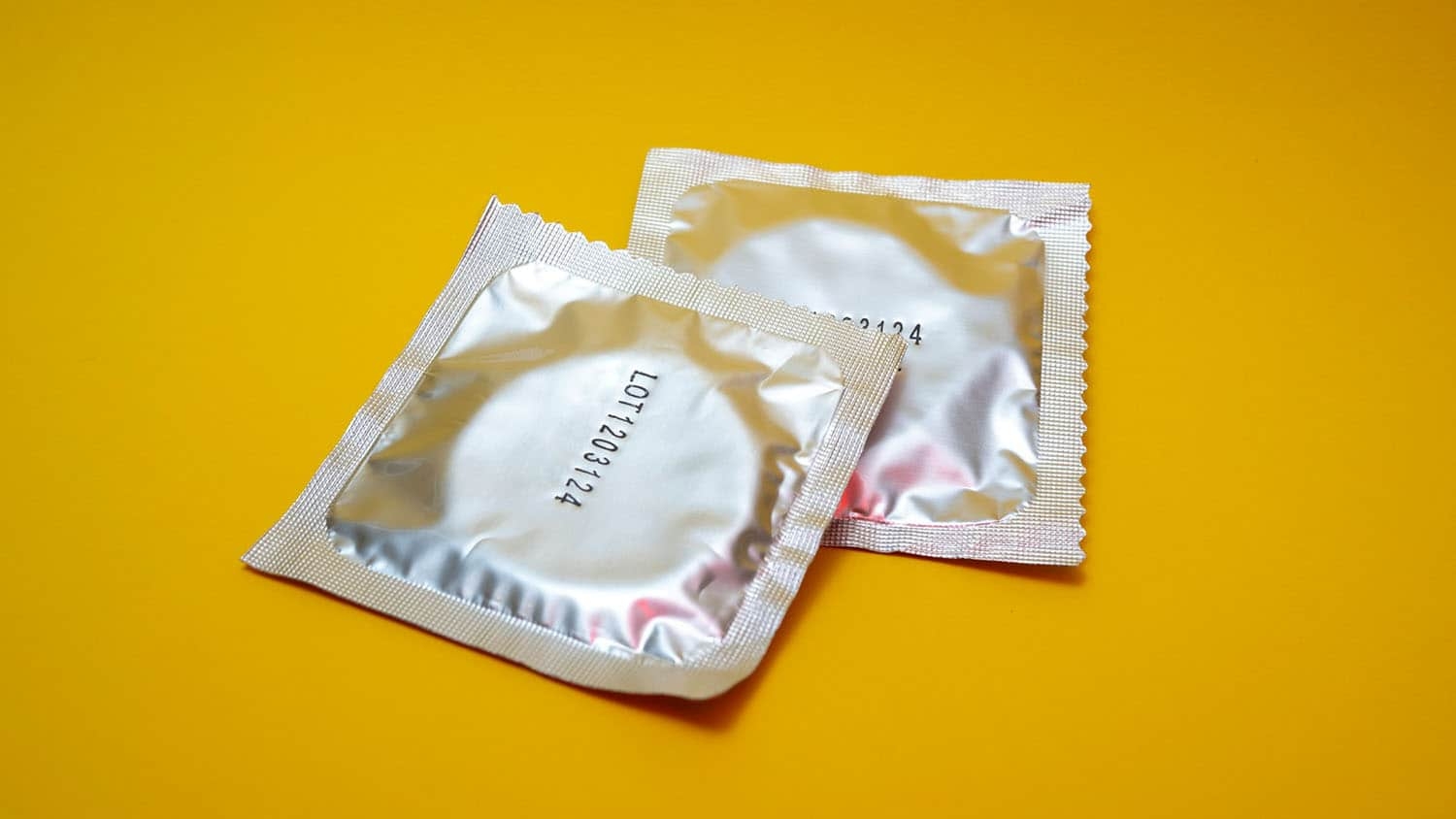For Immediate Release
A new study finds younger adults look and feel older on stressful days – but only on days when they also feel they have relatively less control over their own lives.
“There’s substantial research that tells us stress makes older adults feel their age, or even feel older than they actually are,” says Shevaun Neupert, corresponding author of the study and a professor of psychology at North Carolina State University. “And the literature tells us that when seniors feel older than they actually are, that is associated with a host of negative health outcomes. However, there is little research examining this issue in younger adults – people in their teens, 20s and 30s. Having a deeper understanding of this phenomenon across all age groups could help us develop interventions that protect our mental and physical well-being.
“This work may be particularly timely, as stress researchers are seeing an increase in the amount of stress younger adults are experiencing now, when compared to the amount of stress previous generations experienced when they were young.”
For this study, researchers collected data from 107 younger adults between the ages of 18 and 36 (mean age was around 20). Study participants completed a baseline survey followed by a detailed daily survey for eight consecutive days. The daily surveys were designed to capture the amount of stress they were experiencing each day, how much control they felt they had over their lives that day, and how old they felt and looked on that day.
“The key finding was that on days when study participants reported experiencing higher levels of stress than they normally did, they also reported looking and feeling older,” Neupert says. “However, this was only true on days when study participants also reported feeling that they had less control over their lives than they normally did.
“It’s also worth noting that both the levels of stress and the levels of control were relative.”
In other words, a person could report having relatively low levels of stress – but if the level of stress was higher than they normally reported, researchers saw the effect. By the same token, people could report feeling they still had significant levels of control over their lives – but if it was less control than they normally reported, researchers saw the effect.
“For one thing, this tells us that the phenomenon of stress making people feel older is not limited to older adults – it happens to young people too,” Neupert says.
“It’s also important because we know that experiencing chronic stress over time can have adverse effects, and that people generally report increasing levels of stress as they move from young adulthood to midlife – their 40s and 50s,” Neupert says. “If these young people are already experiencing historically high levels of stress for their age, and that stress is affecting how old they feel, it will be important for us to pay close attention to the markers we use to assess stress-related physical and mental health for this generation.”
The paper, “The Effect of Control Beliefs on the Relationship between Daily Stressors and Subjective Age in Younger Adults,” is published open access in the journal Mental Health Science. First author of the paper is Sofia Lee, a former undergraduate at NC State. The work was done with support from NC State’s College of Humanities and Social Sciences.
-shipman-
Note to Editors: The study abstract follows.
“The Effect of Control Beliefs on the Relationship between Daily Stressors and Subjective Age in Younger Adults”
Authors: Sofia E. Lee and Shevaun D. Neupert, North Carolina State University
Published: March 1, Mental Health Science
DOI: 10.1002/mhs2.56
Abstract: Experiencing stress can be associated with feeling and looking older. The goal of this study was to examine daily fluctuations in control beliefs as a potential moderator of the relationship between daily stressors and two indicators of subjective aging in younger adults. Data were collected from 107 younger adults between the ages of 18 and 36 (M = 19.96) who completed an online questionnaire via Qualtrics daily for 9 consecutive days. On Day 1, participants reported demographic information and on Days 2-9, participants reported their daily subjective ages (how old they felt and how old they looked), daily stressors, and perceptions of daily control beliefs. Results from multilevel models revealed that increases in daily stressors were associated with increases in both felt and look age. Although there was no main effect of control beliefs, control beliefs did function as a moderator of the relationship between daily stressors and felt age as well as between daily stressors and look age. Specifically, the aging effect of daily stressors was not significant on days with increases in control beliefs. These results suggest that young adults feel and look older on days when they experience higher levels of stressors and that increases in perceptions of control help to mitigate this effect.
This post was originally published in NC State News.
- Categories:



